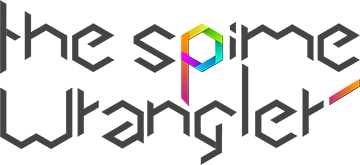The Internet of Things can be understood, at its simplest, as the phenomenon whereby more things or objects are inter-connected to the Internet than people. I feel this statement is useful for a lay person but insufficient for business or technical purposes.
How do we define the Internet of Things in a way that is concise, yet clear, general, yet specific enough to be meaningful?
The question of the precise definition of the Internet of Things has commanded considerable intellectual debate in recent years. Getting the definition perfect is important for regulatory, legal, legislative and, lets not forget, funding purposes.
Several presentations explored this question at the European Commission-backed IoT day in Budapest in May 2011. Exchanges on a mailing list continue a debate among members of the IoT Joint Coordination Activity.
The definition proposed by Monique Morrow of Cisco, suggests:
"The Internet of Things consists of networks of sensors attached to
objects and communications devices, providing data that can be analyzed
and used to initiate automated actions. The data also generates vital
intelligence for planning, management, policy and decision-making."
Olivier Dubuisson of Orange FT Group defines Internet of Things as:
"A global ICT infrastructure linking physical objects and virtual objects
(as the informational counterparts of physical objects) through the
exploitation of sensor & actuator data capture, processing and transmission
capabilities. As such, the IoT is an overlay above the 'generic' Internet,
offering federated physical-object-related services (including, if relevant,
identification, monitoring and control of these objects) to all kinds of applications."
In my opinion, the IoT definition should not specify the purpose. It must describe only what the IoT IS and it probably will need to be a living definition, frequently updated to reflect the evolution of the state of the art.
As with the definition of Augmented Reality, however, there should and will be a day when the definition of the Internet of Things or AR no longer matter because the "thing itself" is so ubiquitous and easily understood that a definition is unnecessary. Between now and that day, expect these debates to continue. At least outside the events which I am responsible for organizing!
